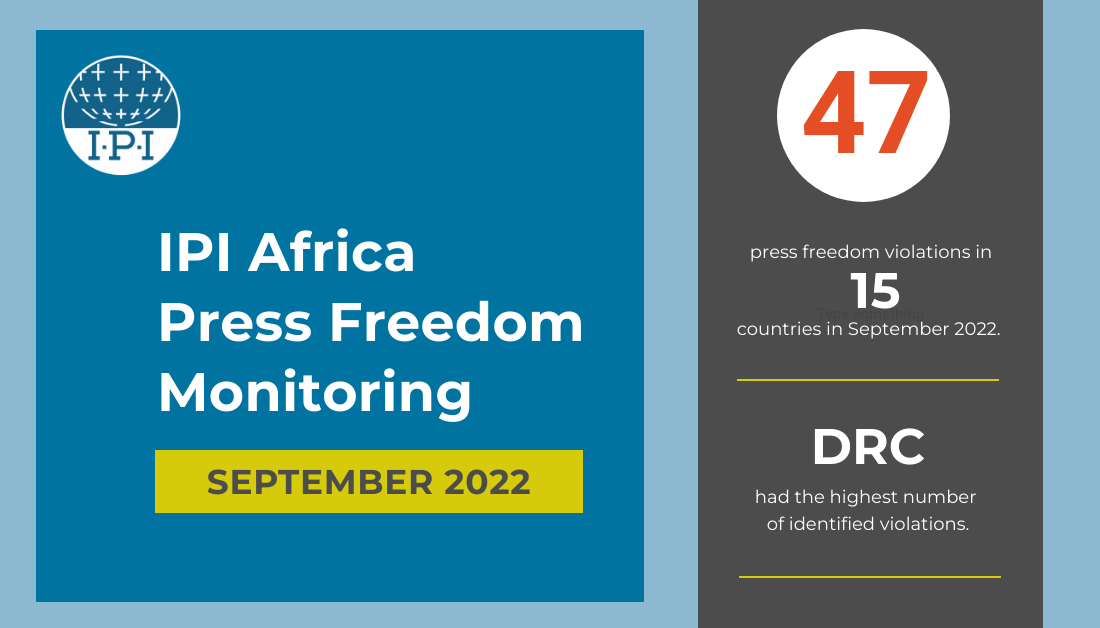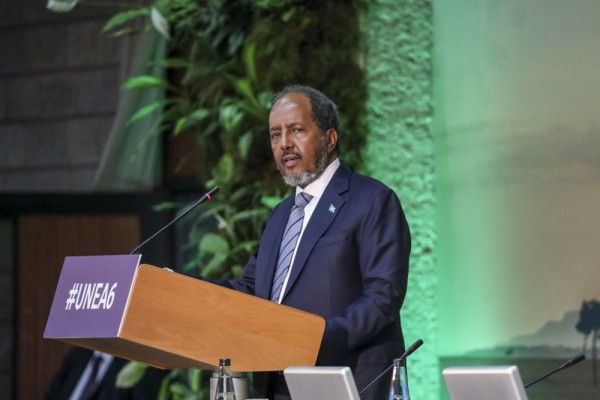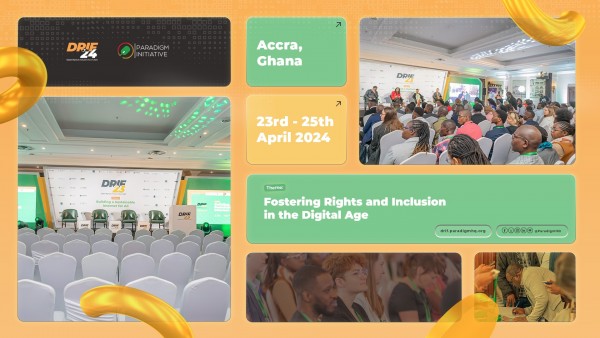Journalists across sub-Saharan Africa faced a range of pressures in September 2022, including physical attacks, arrests and imprisonment, and censorship. The highest number of attacks occurred in the Democratic Republic of the Congo (DRC), Somaliland, and Ghana, according to IPI monitoring of press freedom violations in Africa.
Nearly 50 press freedom violations were identified across 15 countries in sub-Saharan Africa in September, with 33 of these incidents involving male journalists and seven involving female journalists. According to IPI data, state actors, such as security agents or police, were involved in roughly three out of four incidents.
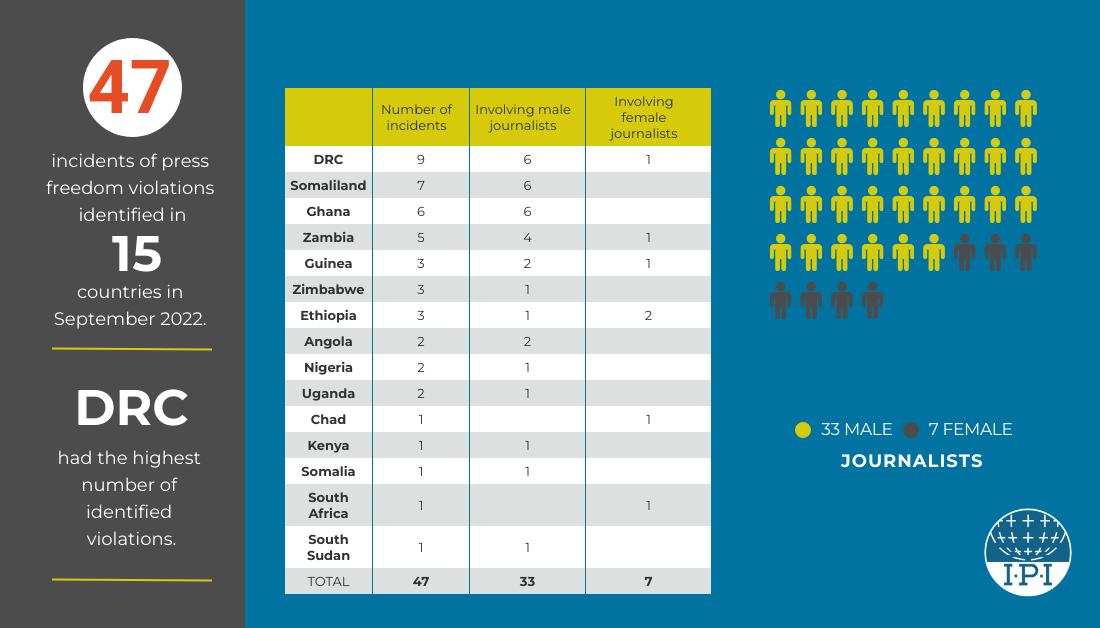
The most frequent types of violations identified were cases of physical attacks against journalists, as well as arrests and detentions of journalists. The DRC had the highest number of cases (nine): Five journalists were physically attacked and beaten. One journalist was arrested, and one journalist, Gauthier Sey Tshiang, was sentenced to a year in prison after being found guilty of defaming a state official.
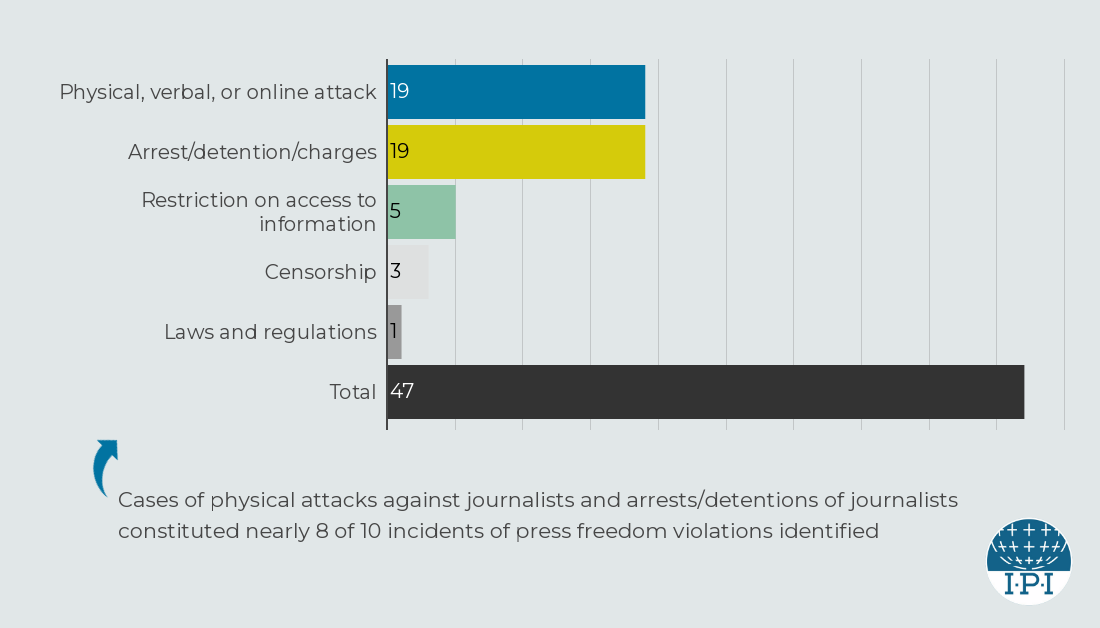
In Somaliland, a self-declared state that is internationally recognized as part of Somalia, IPI identified and documented at least seven press freedom violations in September. Three Horyaal 24 TV journalists were physically attacked and then detained by police in Hargeisa. Somaliland authorities also suspended a privately owned independent TV channel over accusations of “spreading news and programs against the peace and the unity of the people”.
In Ghana, six journalists were publically targeted and threatened by a group of football fans. In this case, the police responded quickly by summoning those involved in making the threat, according to the Media Foundation for West Africa.
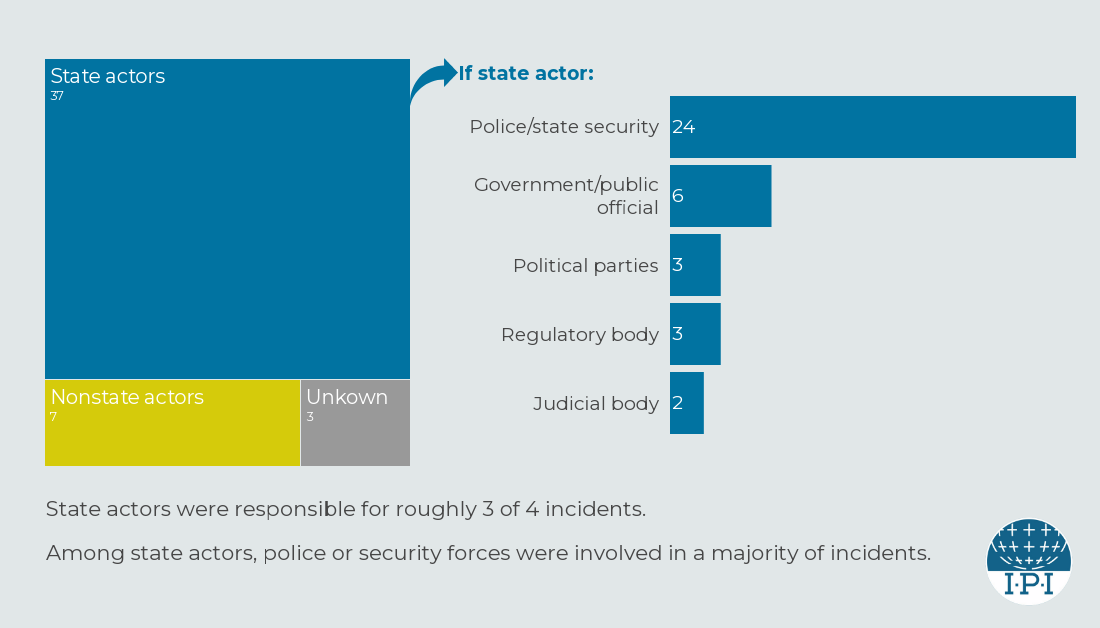
IPI monitors and collects data on press freedom violations in Africa using a standardized methodology that categorizes violations across the following main categories: physical, verbal or online attacks; arrests and charges against journalists; surveillance of journalists; cases of censorship; laws and regulations that restrict the press freedom; and restriction on access to information. Data are further disaggregated by gender. Our monitoring and data collection activities are part of IPI’s wider Africa programme, which aims to defend press freedom and the safety of journalists in sub-Saharan Africa.

